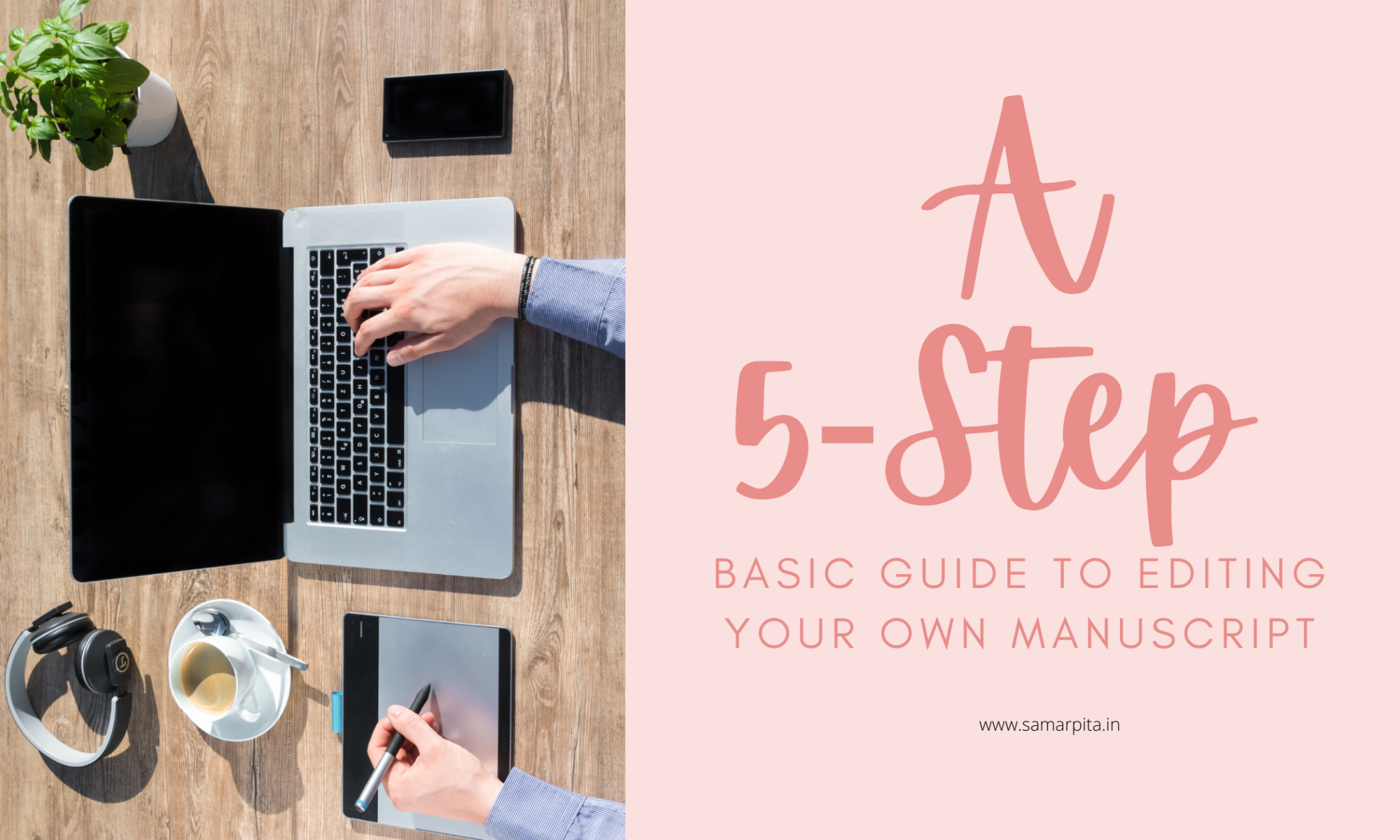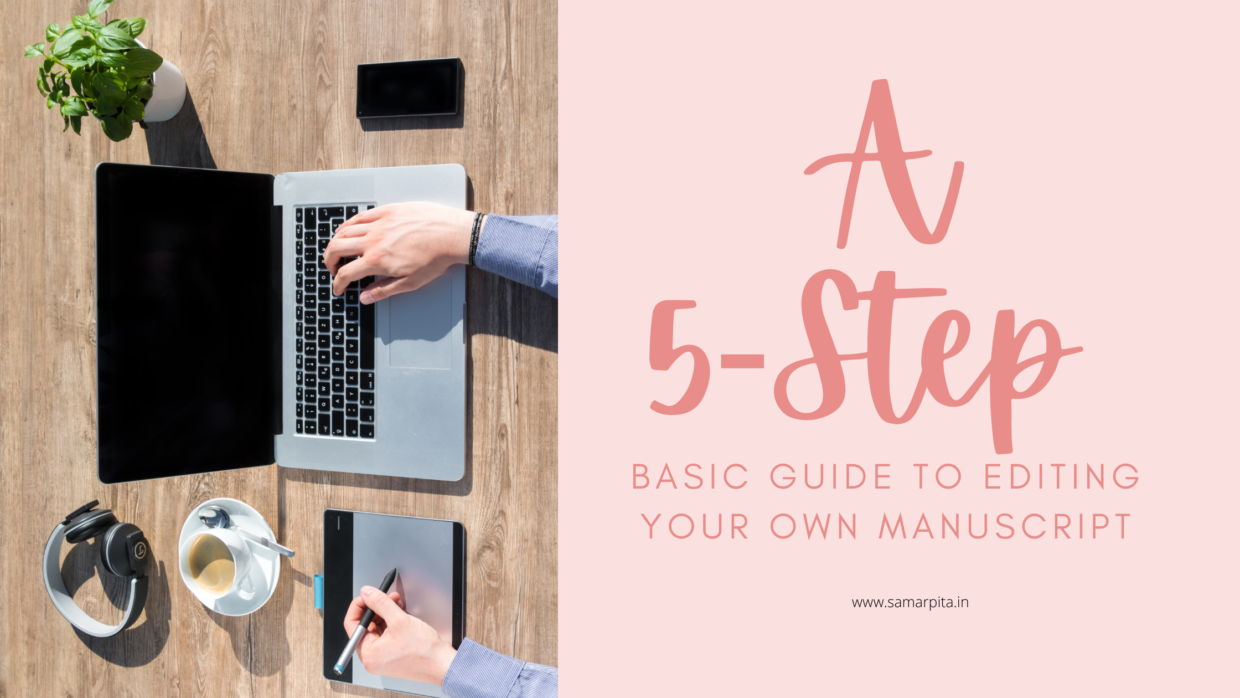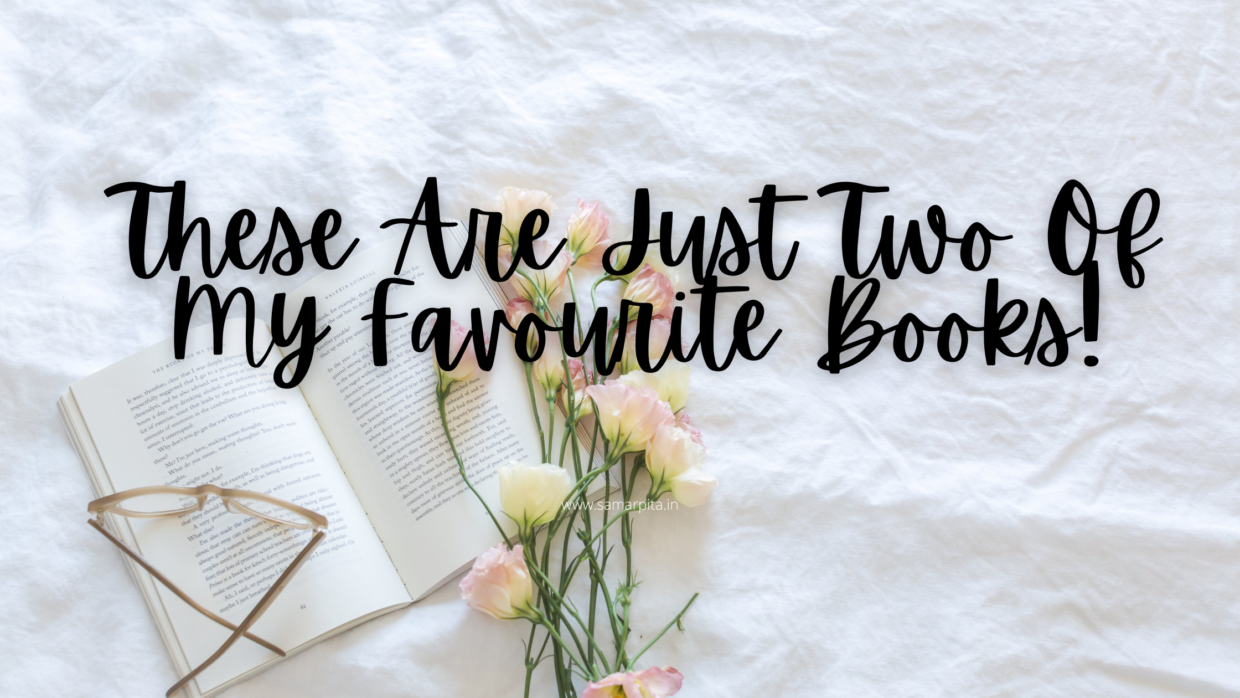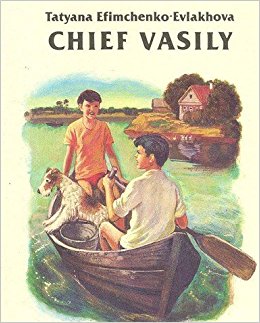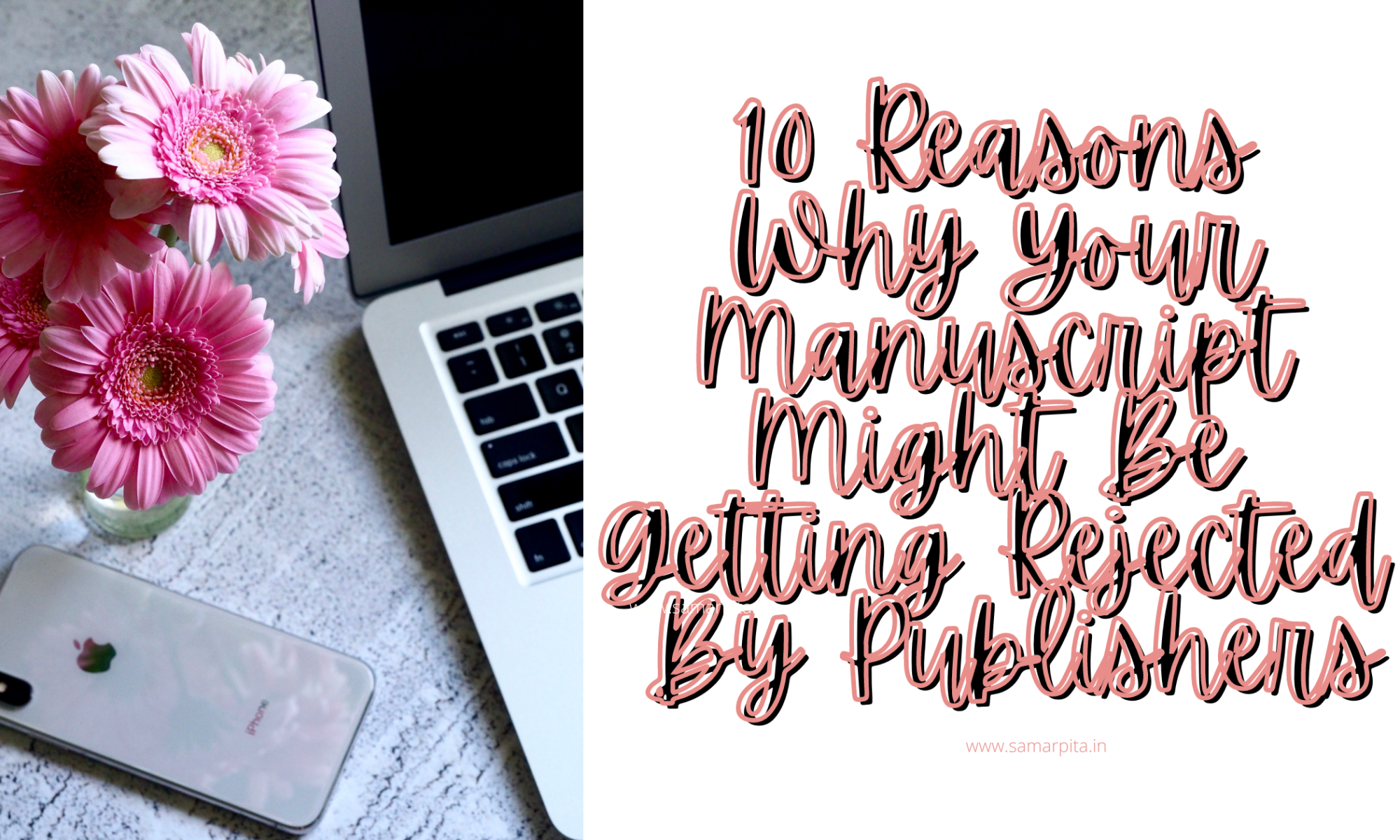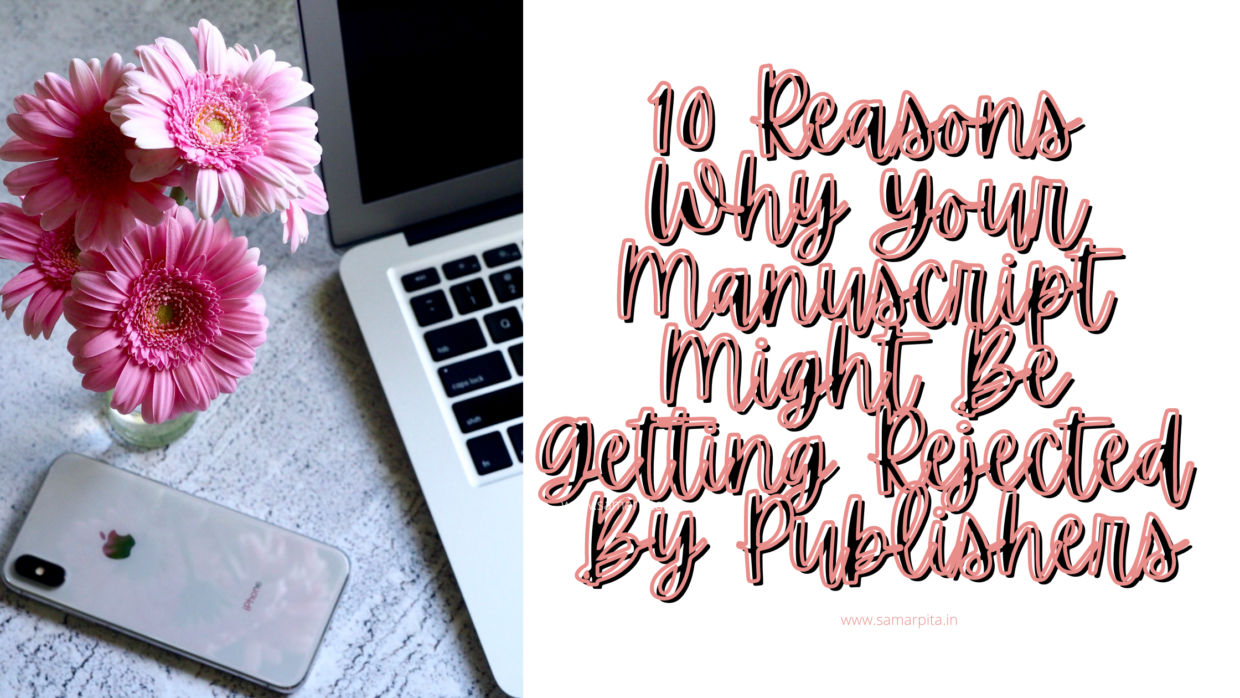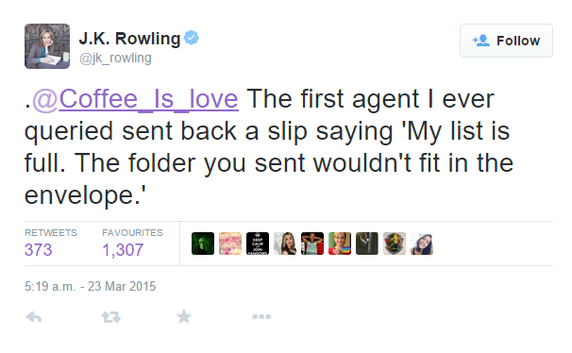When I’d first heard of beta reading, I was still journalist. Beta reading seemed to be a phase of writing where friends (who read) read the manuscript for an author friend and gave feedback which was then implemented in the draft. Not much has changed ever since, I still see this practice being common even today. What more, this is not restricted only to India, but I have heard of authors on global platforms talk of this too. First of all, just reading books is not qualification enough to be a beta reader. Are you really okay with handing your manuscript to someone who is not trained for the job? Or at least, has no knowledge of the prerequisites of a draft? Please tell me the answer to this is *no*! If not, here is why you shouldn’t trust your close friends or family with beta reading. Sit back, I have more than one reason to tell!
Related: Promote Your Book Without Leaving Your Home!
-
- Your friends and family are biased readers. Take their reviews only if you are looking for an echo chamber, but let me break the news that an echo chamber will not give you an honest review.
- Let’s assume you have someone in your life who is a voracious reader, has read various genres and understands literature. Do they know exactly what all need to be included in the feedback for beta reading? Find that out, chances are that they don’t.
- Do you want brickbats and severe criticism now, or do you want them coming from the readers after the book has been released? Now, I am sure. Also, unless the plot is flawless, the climax is exciting and the timelines is error free, how would your manuscript grab the publisher’s or the literary agent’s eye? Wouldn’t you want only professional touch in making your manuscript an unputdownable read?
Related: Five Reasons Why Your Brand Needs Content Marketing
Having said that, I would also want to delve into why your beta reader needs to be a professional with ample experience. I am an editor, with years of experience in journalism only after which I have started working with manuscripts. The attention to detail, the keen eye and the need for perfection of words comes from years of experience and on-the-job learning. A seasoned editor will always be the best choice to be your beta reader though not every editor might work as a beta reader. So here are the reasons why professional beta readers are the best for your manuscript before you start pitching to agents and publishers –
- You pay for the service. This way even if the beta reader is someone known to you, there is a guarantee that you will get your money’s worth in terms of criticism and feedback. Professionalism is important and should not be replaced by relationships. I’ll be honest here – if you are not keen on getting beta reading done by a professional, might as well skip it. Author friends might have some valuable inputs, other friends and family might have few more. But without a trained eye, your manuscript will be losing on a lot of crucial points.
- We have no personal equation with you and will not be worried about hurting your sentiments. I can speak for myself and many others, that the motive behind beta reading is to find glaring gaps, errors and everything wrong now, even before your editor gets the manuscript. We have no conflict of interest or emotional attachment to your manuscript.
- A regular, untrained beta reader might be able to tell you what is wrong with your plot but when an editor is reading your manuscript, we can assist you with exactly what is wrong and how can it be corrected. Believe me, one gets much more out of this than they pay for.
Related: Four Things Everyone Who Wants To Be An Author Must Do
If you are looking for an excellent manuscript editor or a beta reader who'll help you take our manuscript to another level, look no further and connect with me at editor@samarpita.in

